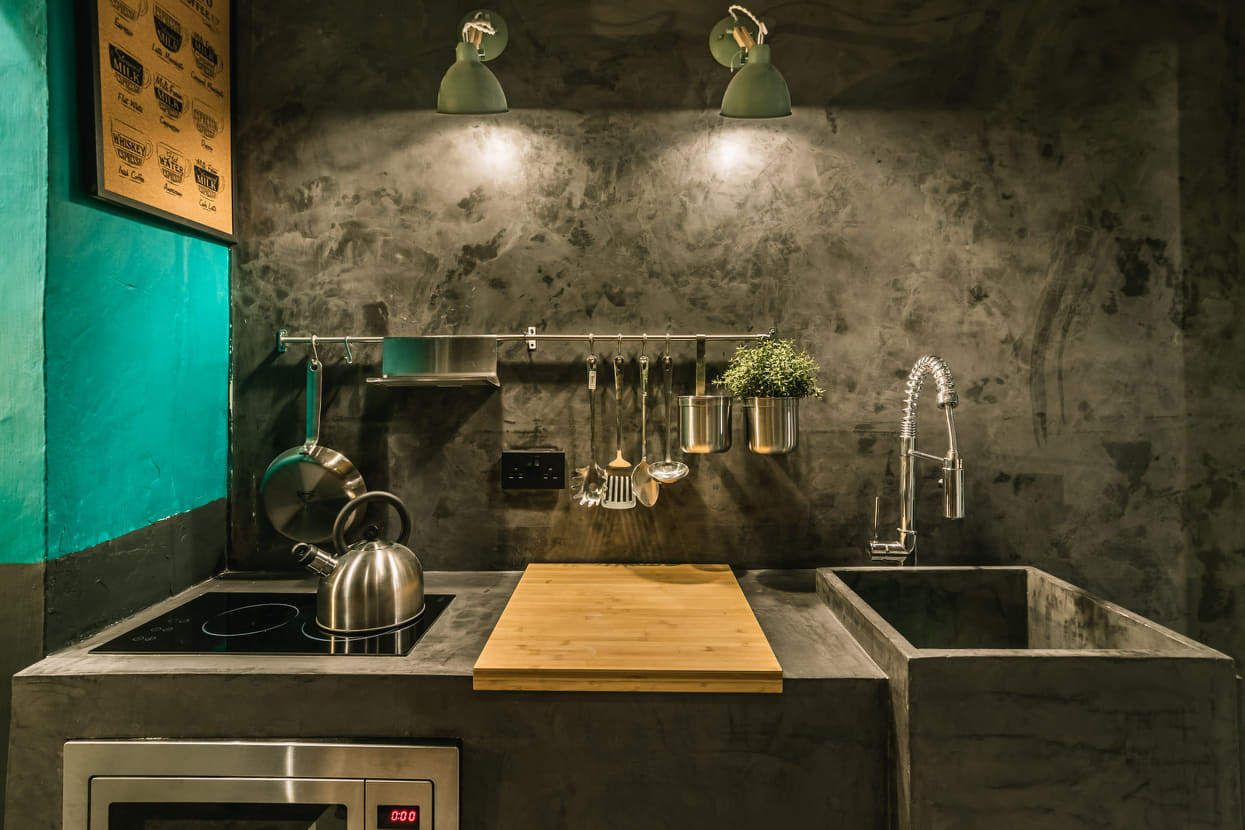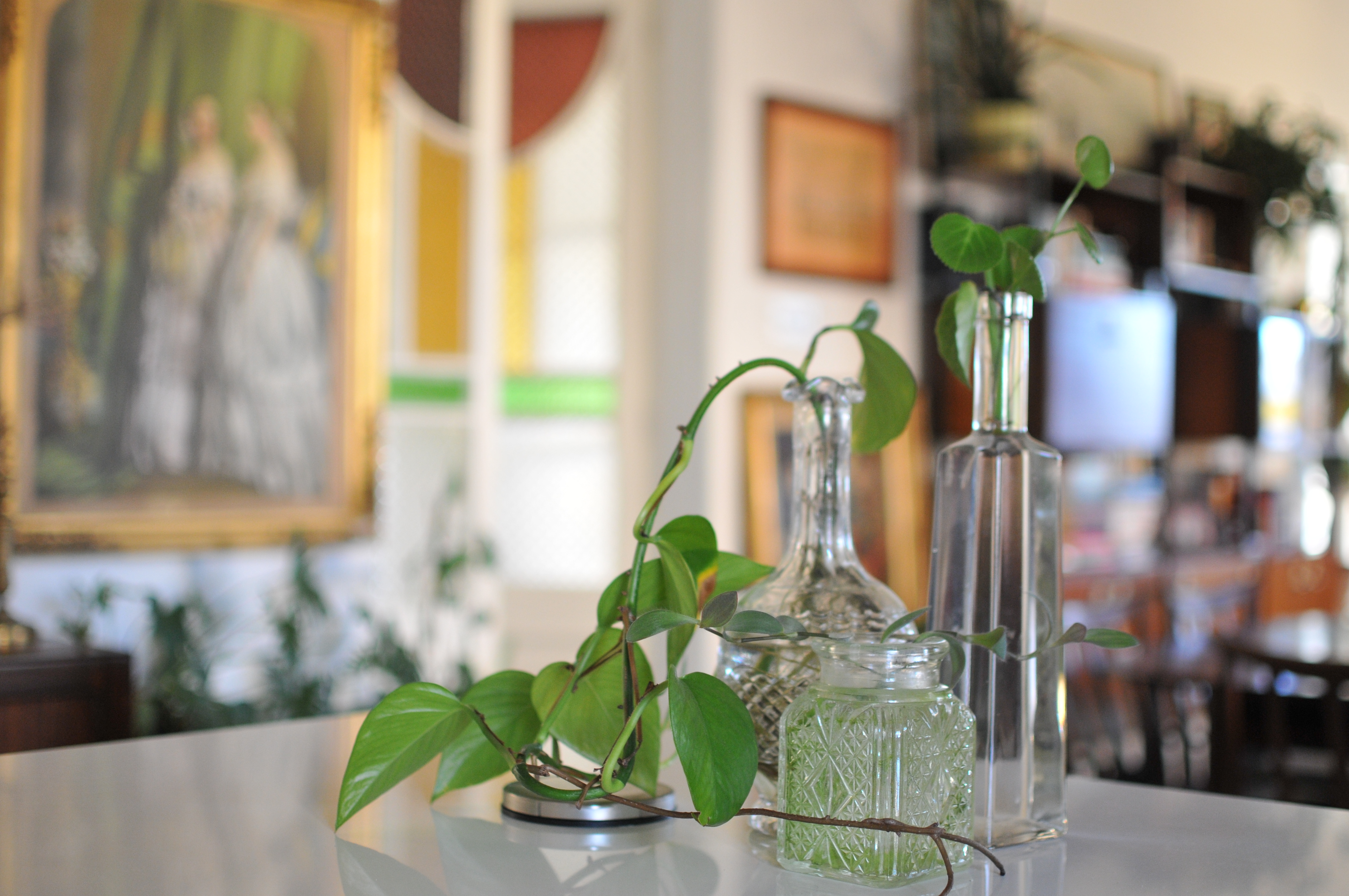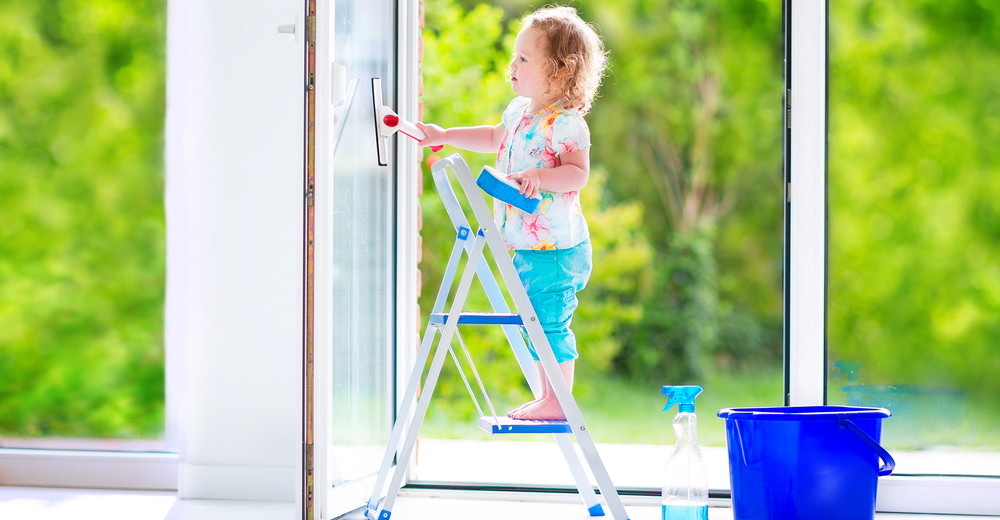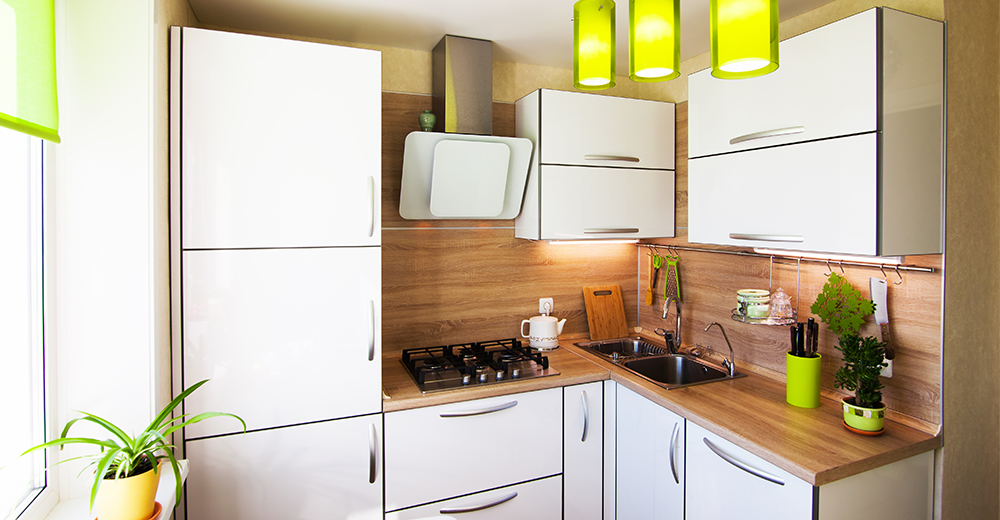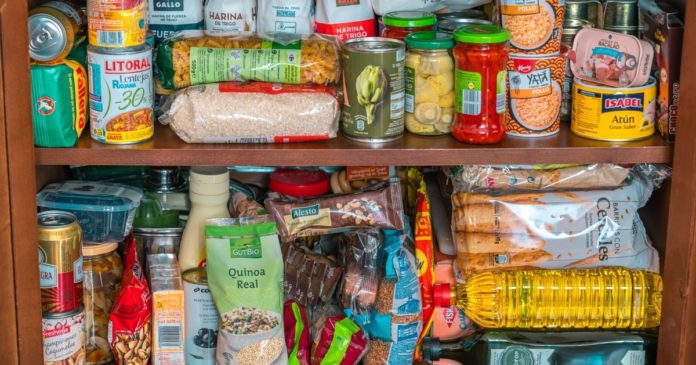If you are hoarding food because you’re preparing for a national lock-down, stop!
Because of the recent COVID-19 global outbreak, many people are understandably worried, and preparing for the worst. With 107 cases at the time of this article’s publication, some locals (and some expats too) have become uneasy, with posts about the possibility of a lockdown flooding social channels.
One big fear causing a lot of unease? Food supplies. This is to be expected because we are Maltese and food is very high on our list of priorities, but our frenzy to stock up is leaving the shelves empty for older people. Stores will stock up weekly, but seven days can be a long time for a vulnerable person to be without essential supplies.
The world’s farmers produce enough food to feed 1.5x the global population. That’s enough to feed 10 billion (we are at 7.6 billion currently). We live in abundance, our problem is not food, it’s vulnerable people. In this article, we look at what you should be stocking up on and the unseen negative consequences of hoarding on our community.
If you’re not fully caught up with how Malta has reacted to COVID-19, we’ll provide you with a quick recap here.
Stocking up because of COVID-19 panic
People may be hoarding food because they just don’t know how to act in times of serious pandemics. It’s been so long since Malta’s gone through one of this calibre. (If you’re one of the many people feeling lost right now, check out our article on getting your household ready and prepared during COVID-19.)
Stocking up on important supplies like food and cleaning necessities during a time of emergency is normal. It gives the person a sense of control and assurance that they may get through this. But there is a downside. While it’s not a bad thing to be prepared for a lock down, people are denying other individuals (in more need than them) of the right to shop.
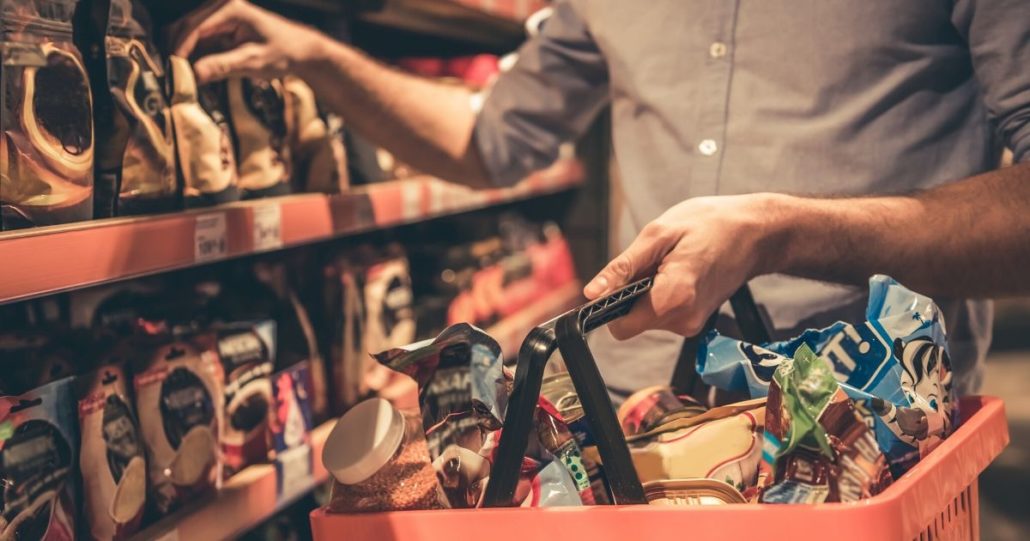
If you’ve recently purchased a food haul, here’s an article we wrote on how to properly store and preserve your food so you won’t have to shop as frequently. You may be interested in these other helpful and easy to follow articles:
- how to grow your own food at home
- and which veggies are easy to grow in the Maltese Summer heat
Why stay hoarding food when you can grow them yourself, right?
So, why exactly should you stop hoarding food?
1. We’re nowhere close to low on food supply
On March 1st, six days prior to the first COVID-19 confirmation in Malta, supermarkets like Park Towers stated to The Times of Malta that they were still very well stocked, but ‘not as fast as the panic buying.’
Panic buying seems to be the real culprit of low food stocks, sending new mothers into frenzies for formula days after the first supermarket clear out, according to The Times. The same supermarket stated that “If [panic buying] were to slow down just a little bit, then we would be [meeting supply and demand], but for the moment it’s simply not possible logistically.” However, he assured that ” the island is well stocked for the time being”.
As of Saturday 21st March, 2020, Malta will be suspending all inbound flights, according to an official notice issued last Wednesday, 18th March. However, the suspensions do not apply to cargo merchandise, humanitarian and special case flights:
‘As of 21 March 2020, Malta International Airport will remain operational to facilitate the arrival and departure of cargo, humanitarian, and ferry flights until further notice.’
Times of Malta
2. Those who need food urgently have less access to it
When everybody gets up early in the morning to be the first ones to the produce, they take a lot in very little time. This leaves people like the elderly and those who still have to attend their full time jobs with much less options for tonight’s meal.
Maltese people pride on being sympathetic and caring. Let’s execute that by being kind and respectful for those busy, differently-abled, or elderly people, many of whom find it difficult to make frequent visits to supermarkets for essential goods.
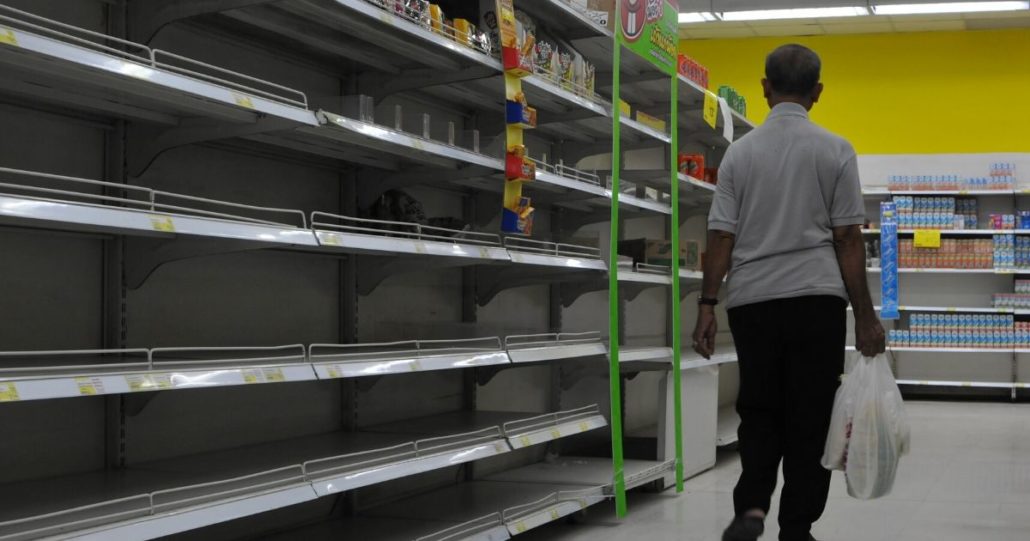
3. It’s turning us into hooligans
No need to turn on National Geographic for your daily dose of primates fighting over food. According to journalist Anna Marie Galea, the onset of the virus in Malta,
‘has done far worse than kill us; it’s held up a mirror to what we truly are’.
Times of Malta
It seems that every person buying in bulk is saying the same thing: ‘I want to make sure I have enough before supermarkets shut down.’ That’s fair enough. But so far, we have not received any evidence to show that they will be doing so any time soon. In buying in bulk, not only are we creating more waste – if food is not stored properly and molds, it’s as good as garbage – but the food we throw out could have been used to feed another family.
According to Anna Marie Galea, Maltese families are buying in bulk due to a sense of entitlement. This is when a person feels they deserve/ need this food more than someone else. In doing so, it ‘has robbed us of our ability to feel empathy towards others’ – A.M.G.
4. Social Media has blown everything out of proportion
While the government and Maltese Health Department are trying to get a hold on the situation, social media has provided a plethora of misinformation that has made citizens lose their minds, and has sparked a fever of racism towards the countries where the virus originated from.
Maltese people started panic buying and hoarding food before the outbreak entered the island. Prof. Michael Borg, an expert in infection control said
“The amount of fake news on social media about this is phenomenal. […] There’s a difference between being vigilant and being afraid. This is a new virus but comments on social media boards are way off.”
Malta Today
Although this comment was made prior to COVID-19 entering the country, it still strongly applies. Misinformation can cause unnecessary panic and anxiety to many individuals who suffer from anxiety disorders, and those who don’t.
5. Panic buying will do more harm than good
People who are panic buying and hoarding food in preparation for some sort of Armageddon usually disregard price, and focus on buying as much of something as they can. This, in turn, will lead to many financial burdens and anxieties, especially with talk of businesses shutting down and leaving people jobless.
What do we do, then?
In cases like this, the answer isn’t to stock up and hoard food. Instead, it’s best if the country listens to and has faith in their government.
In other countries, such as Italy – the country facing the most severe spread of the virus – the government has put all mortgage payments on hold until the country is able to get back on its feet. The Italian government has also tentatively approved a €25 billion plan to help Italians through the crisis.
According to ForeignPolicy, this means that the government will supply €600 per month to all workers and the self-employed ‘with additional support for parents at home due to school closures’. So necessities will be provided for by the government – no need for them to be hoarding food.
Italians know that they’ll get through looming hard times because their government will do its part – not because Italy’s government is a particularly good, generous, or even a functional one, but because that is what governments are supposed to do.
So how much food should we store?
You don’t need to buy a haul for the next two months. If you suffer from extreme anxiety and fear leaving the house, food for around two or three weeks should be enough. Not only is is reasonable on your budget, two weeks (or 14 days) is the amount of time assigned to quarantined individuals. You can then spend the rest of that time at home (if possible) to look out for any symptoms.
A lot of websites, like The Los Angeles Times, even recommend just going shopping during off-peak times. No need to go on huge shopping trips every time.
To conclude
In cases of pandemic, people feel an immense loss of control. As we said before, stocking up on food acts as a small solution to give an individual some sense of security. In the midst of the epidemic, people are feeling alone in a dog-eat-dog world.
While this pandemic is disconcerting to say the least, it is important to remember that no one has, as of yet, died in Malta of COVID-19. This is not a national problem, but a global one. Should a lock-down be issued, our government will hopefully improve the current financial package as recommended by the Chamber of Commerce.
So stop hoarding food, and be kind. These are rough times, but we surely will get through them if we band together as a people.

